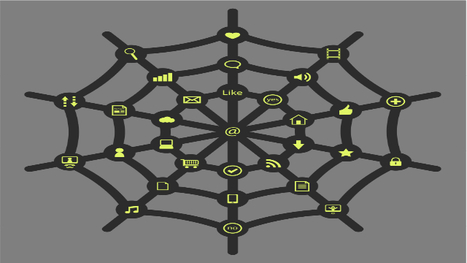[...] Chapter 9A live experiment in collective intelligence!
If you think knowledge is power, you aren’t living in the real world. Knowledgechanges so fast that if you try to hold onto it, you end up with nothing. To get power,it is much more effective to share knowledge and thus build the basis for a reputation.If people think you have key strategic knowledge, you will have power within theorganization.
Richard McDermott, President of McDermott Consulting (From "Lagestion du savoir", proceedings of the November 2003 colloquium organized byCEFRIO:http://www.cefrio.qc.ca/pdf/ActesGestionDuSavoir.pdf )
This quote describes a common-sense reality that unfortunately not everyone understands. But wecan implement this idea here and now, creating the basis for a collective reputation! Chapter 9 of thisbook will thus be open to everyone and co-authored. Here, the book becomes interactive, written byreaders and by the author. [...]
Via
Wildcat2030

 Your new post is loading...
Your new post is loading...
 Your new post is loading...
Your new post is loading...




















